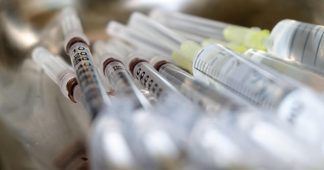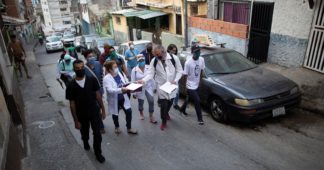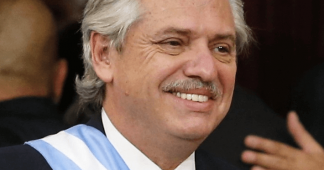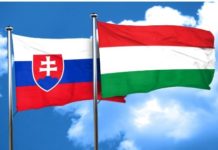PHARMA COMPANIES AND THE COVID-19 VACCINES CRISIS
he rapid development of effective Covid-19 vaccines in 2020 gave hope to the world in the darkest days of the deadly pandemic. Ensuring vaccine access for as many people as quickly as possible is the most effective route out of this unprecedented health and human rights crisis. The handful of companies that developed these vaccines at record speeds could, and should, have been heroes, supplying doses fairly around the world and taking all necessary measures to ramp up production.
This report assesses what major western vaccine makers did instead, tracing their business decisions which favoured a small number of wealthier countries, while blocking other manufacturers from producing their own vaccines. This resulted in predictable – and artificial – vaccine scarcity for the rest of the world.
While Europe, the US and a handful of other states emerged from lockdown, enjoying vacations in the summer of 2021, parts of Africa, Asia and Latin America plunged into renewed crises, pushing ill- equipped health systems to the brink and causing tens of thousands of preventable deaths every week.
Of course, this is not only due to actions and omissions of the pharmaceutical industry. Rich states bought up the supply and hoarded doses. But the vaccine manufacturers have played a decisive role in limiting global vaccine production and obstructing fair access to a life-saving health product. Despite receiving billions of dollars in government funding and advance orders which effectively removed risks normally associated with the development of medicines, vaccine developers have monopolized intellectual property, blocked technology transfers, and lobbied aggressively against measures that would expand the global manufacturing of these vaccines. Some companies – Pfizer, BioNTech and Moderna – have so far delivered almost exclusively to rich countries, putting profit before access to health for all.
The path to a more rapid and fair vaccine roll-out is clear. The People’s Vaccine Alliance, of which Amnesty International is a member, has outlined the steps needed for vaccines to be produced rapidly at scale and made available for all people, in all countries, free of charge. The World Health Organization has launched several initiatives to try to get states and companies to pool resources to speed up the production and fair distribution of Covid-19 vaccines. But a nexus of wealthy states and powerful corporations remain unwilling to cooperate in these initiatives, severely undermining their effectiveness.
Continue reading at www.amnesty.be
We remind our readers that publication of articles on our site does not mean that we agree with what is written. Our policy is to publish anything which we consider of interest, so as to assist our readers in forming their opinions. Sometimes we even publish articles with which we totally disagree, since we believe it is important for our readers to be informed on as wide a spectrum of views as possible.










